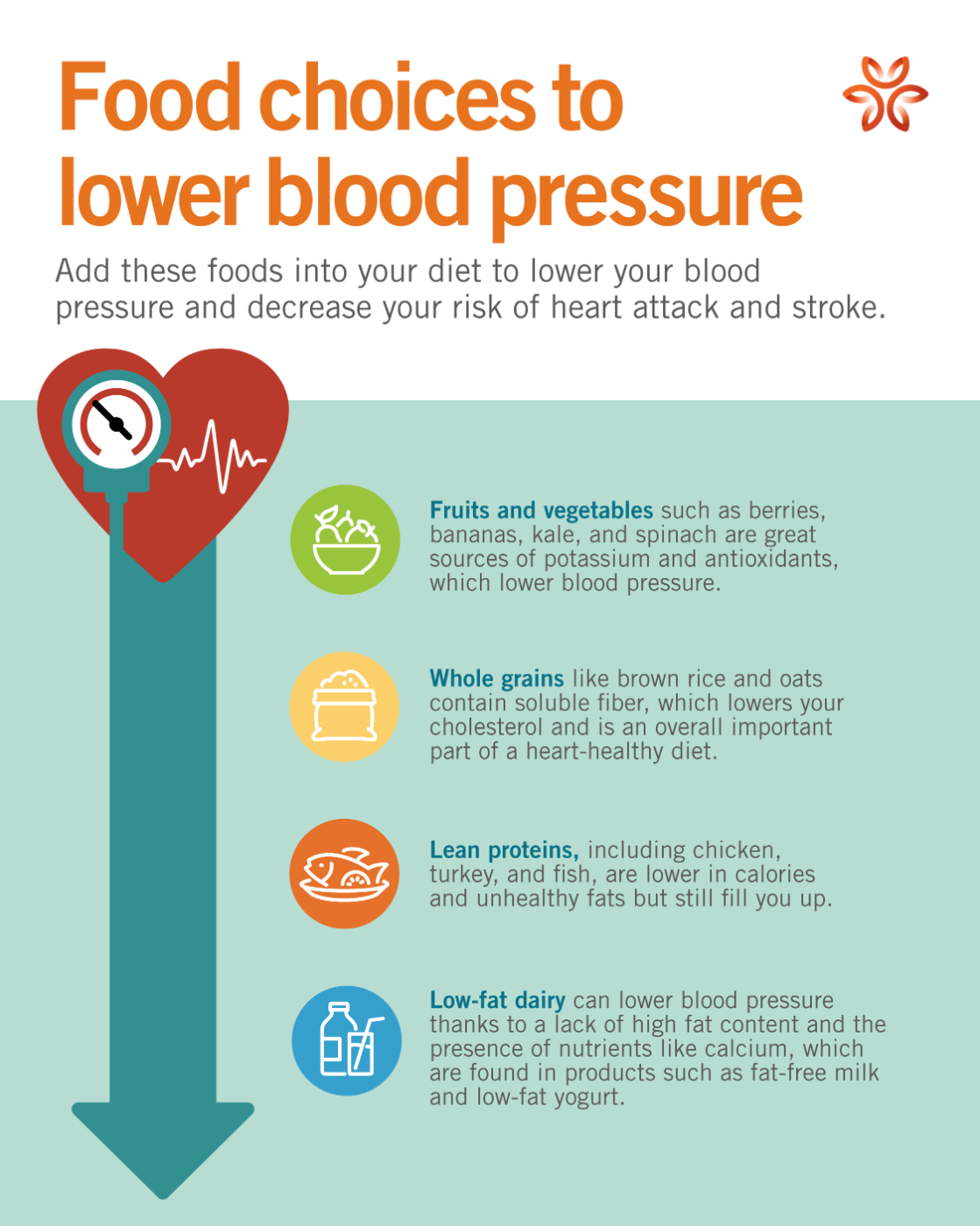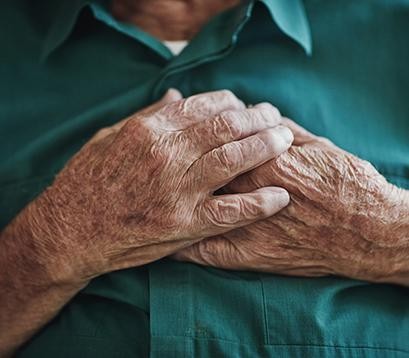High blood pressure, or hypertension, is a serious condition that increases the risk of stroke and heart disease. As we age, blood pressure may rise gradually, though this varies from person to person.
If you’re wondering how to lower blood pressure, there are several lifestyle changes you can make to help manage it. Maintaining a healthy weight, exercising regularly, and eating a diet low in sodium are all key factors. Limiting alcohol and avoiding smoking can also play a role in managing blood pressure, but other factors contribute as well.
One of the most important things you can do is to “know your numbers” by regularly checking and tracking your blood pressure. This helps you monitor your progress and spot any concerning changes early.
Resources: What Do Blood Pressure Readings Mean?, How to Manage High Blood Pressure, Common High Blood Pressure Myths






